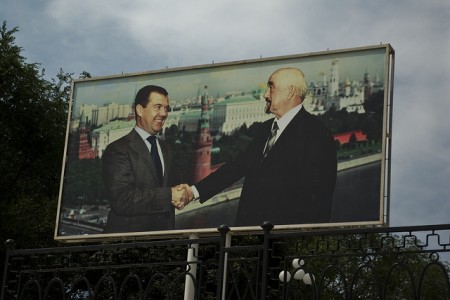
Editor’s note: This article was originally published by PISM on 11 April 2014.
Speeding up Association after Ukraine
If just a year ago Moldova’s reputation as a front runner in the Eastern Partnership (EaP) was endangered by a months-long domestic political crisis, the new Pro-European Coalition (PEC), in place since 30 May 2013, has so far demonstrated relative stability and an ability to withstand Russian pressure. Yet such political determination would not have been sufficient had it not been for the developments in Ukraine—first the EuroMaidan protests and then the crisis in Crimea—which made the EU understand the threats to the association process if prolonged further. As such, an Association Agreement (AA) with Moldova was initialled at the Vilnius Summit in November 2013 and is planned to be signed as soon as in June. Visa liberalisation was also accelerated and finalised: in mid-November the European Commission announced completion of the implementation of the visa liberalisation action plan, and visa requirements will be abolished for Moldovans (holding a biometric passport) from 28th April. The technical progress of association is also accompanied by more financial support and a visible intensification of political backing from the West, translated into frequent high-level visits to Chisinau.
